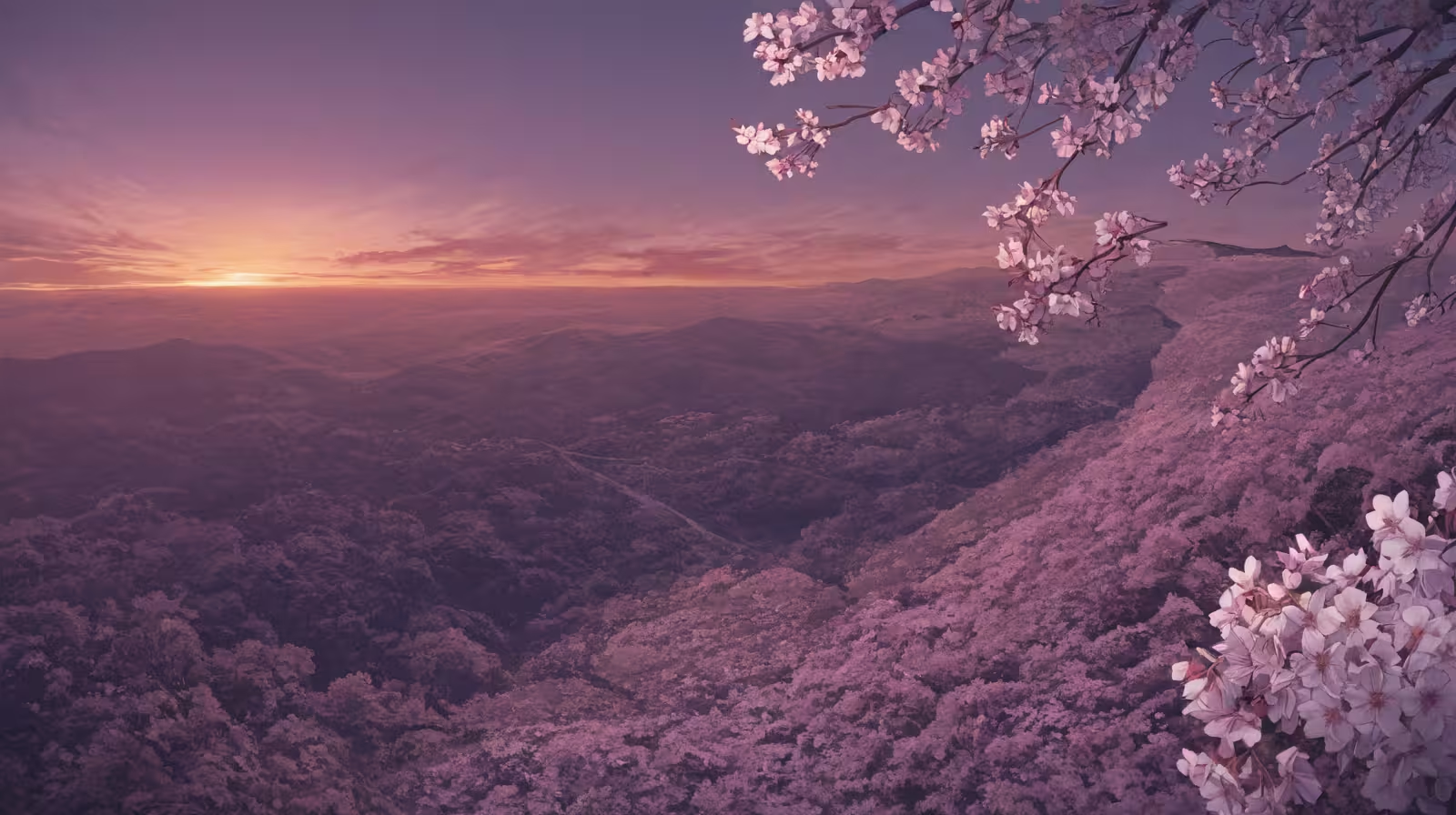
Sort by Beauty
Last month a new sort option appeared on museum-digital: “Aesthetics prediction”. Thoughts on AI, beauty, and the discriminating nature of sorting.

Last month a new sort option appeared on museum-digital: “Aesthetics prediction”. Thoughts on AI, beauty, and the discriminating nature of sorting.

Once again a simple change log of the recent updates to museum-digital’s different tools.

When one runs an import to museum-digital – specifically one focused on internal collection management data – there is a chance to encounter errors of unmatched entries. The import tool identified that one tried to import a yet unknown value to what is a controlled field in musdb. Common issues appear especially with actor roles …
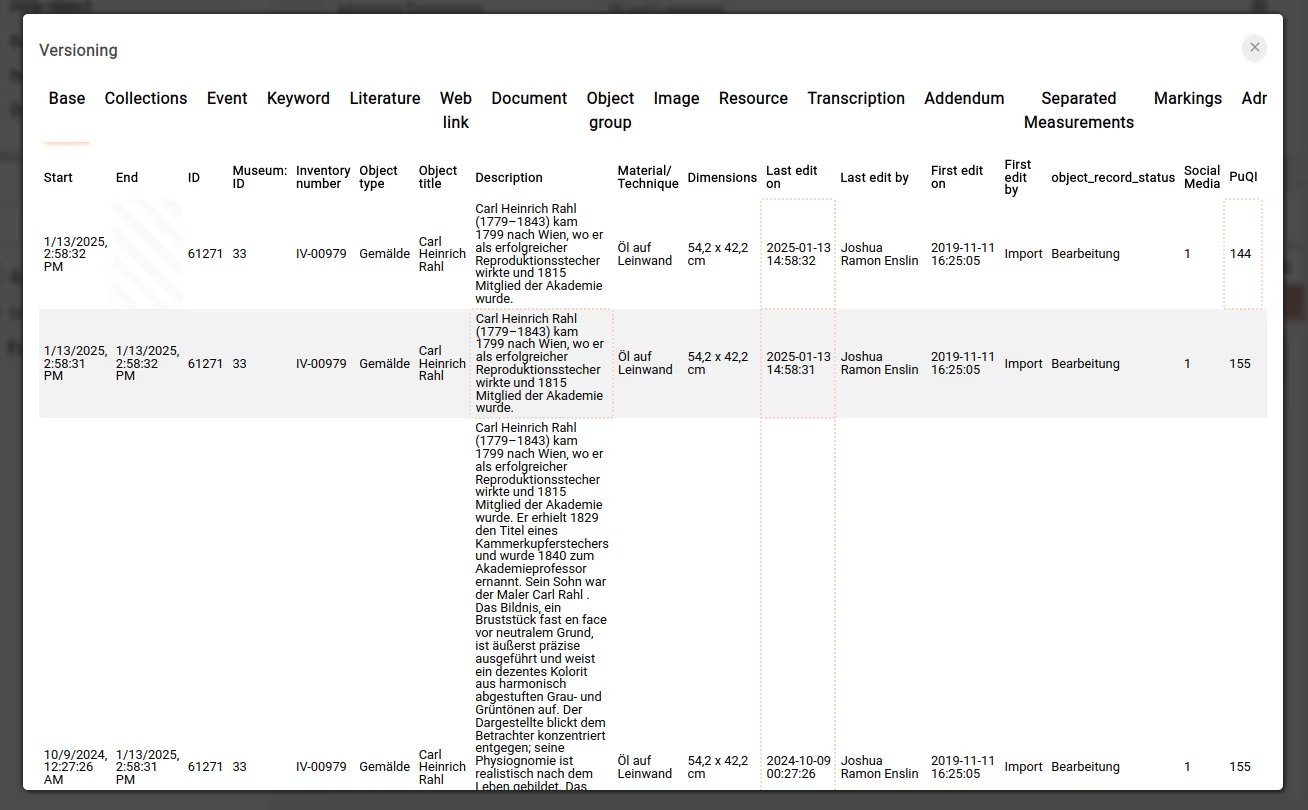
The new year 2025 comes with two long-awaited new features in musdb: detailed version control of object data and an option to batch transfer object data from one free text field to another. Version control Until a few days ago, a central and sorely missed feature in musdb was a detailed version history of the …

A short overview in list form of the recent technical updates around museum-digital, as of November 2024.
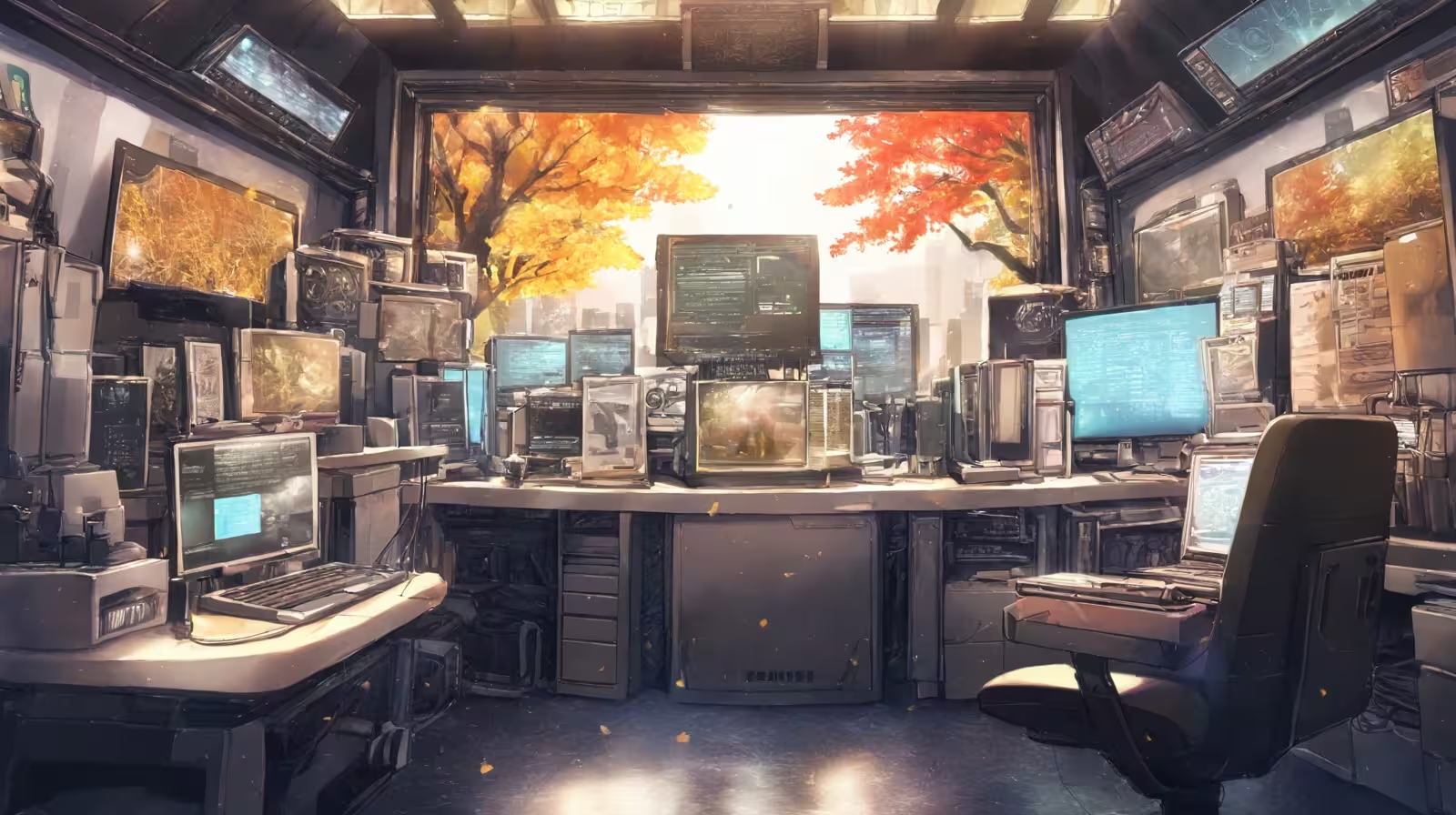
After the blog has been very quiet this year with regard to the technical development of museum-digital, we are now trying to publish the summaries of new developments – enriched with screenshots – that are prepared for the monthly “regional administrators” rounds in Germany anyway. These are in the form of listings, and this is …
Imagine you have a spreadsheet with potentially unclean data or data that is not confirmed to be interoperable. A museum may want to migrate their data to a different system or share it with an aggregator or a researcher may want to analyze data from different museums where each has their own thesaurus. To make …
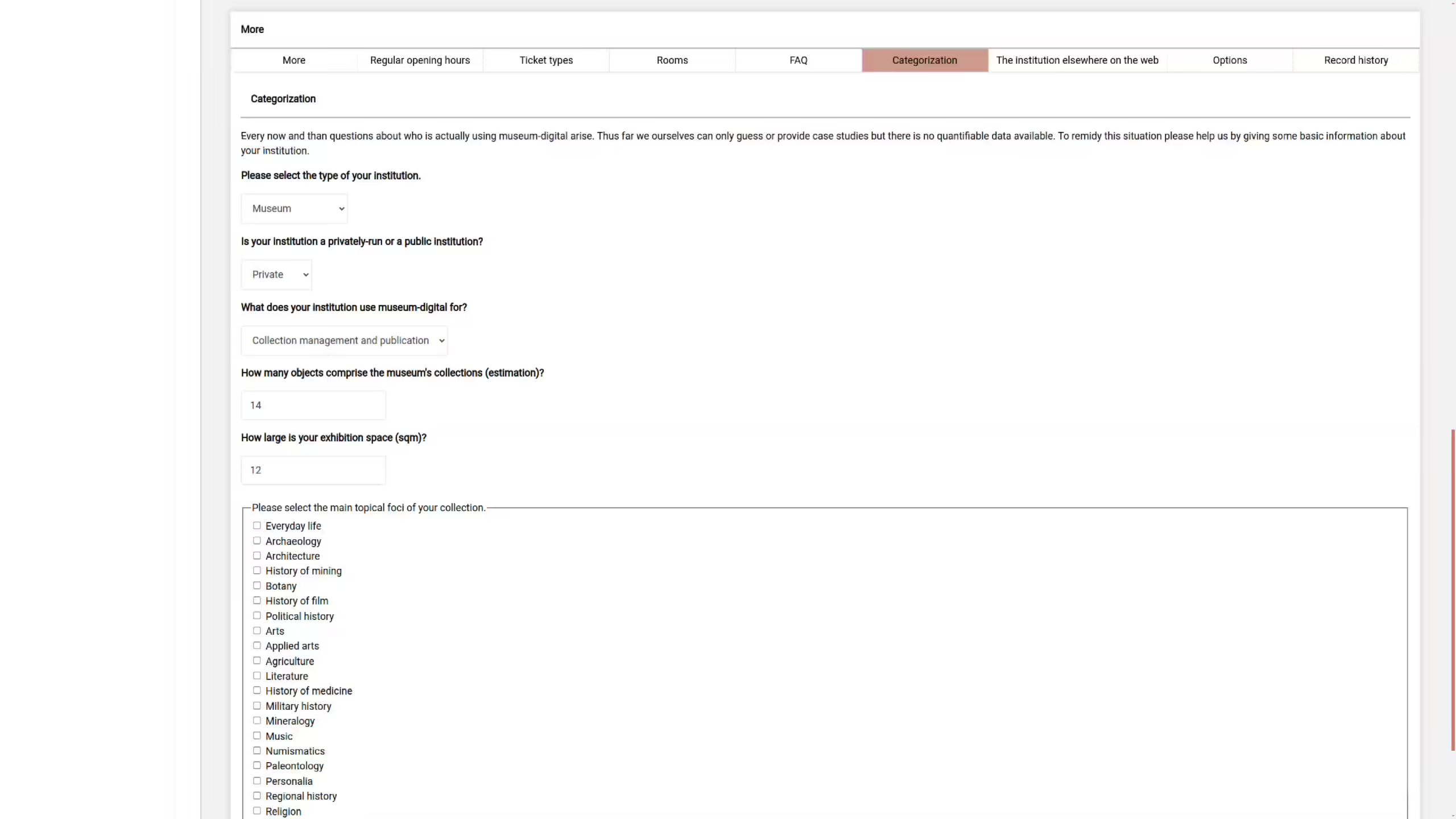
In its most recently published survey of museums in Germany the Institute for Museum Research (Berlin) asked how many museums use controlled vocabularies and norm data. 416 of the 3059 museums who answered the additional question sheet with this particular question answered that they do indeed use norm data. The survey concerns German museums as …
Between March 6th, 2024, 9:54 a.m. and 10:34 a.m. museum-digital’s main server was unavailable due to a switch fault at the data center at our hosting provider, Hetzner. Details can be seen here on Hetzner‘s website. By 10:34 the error was fixed by the technicians in the data center and all systems at museum-digital are …
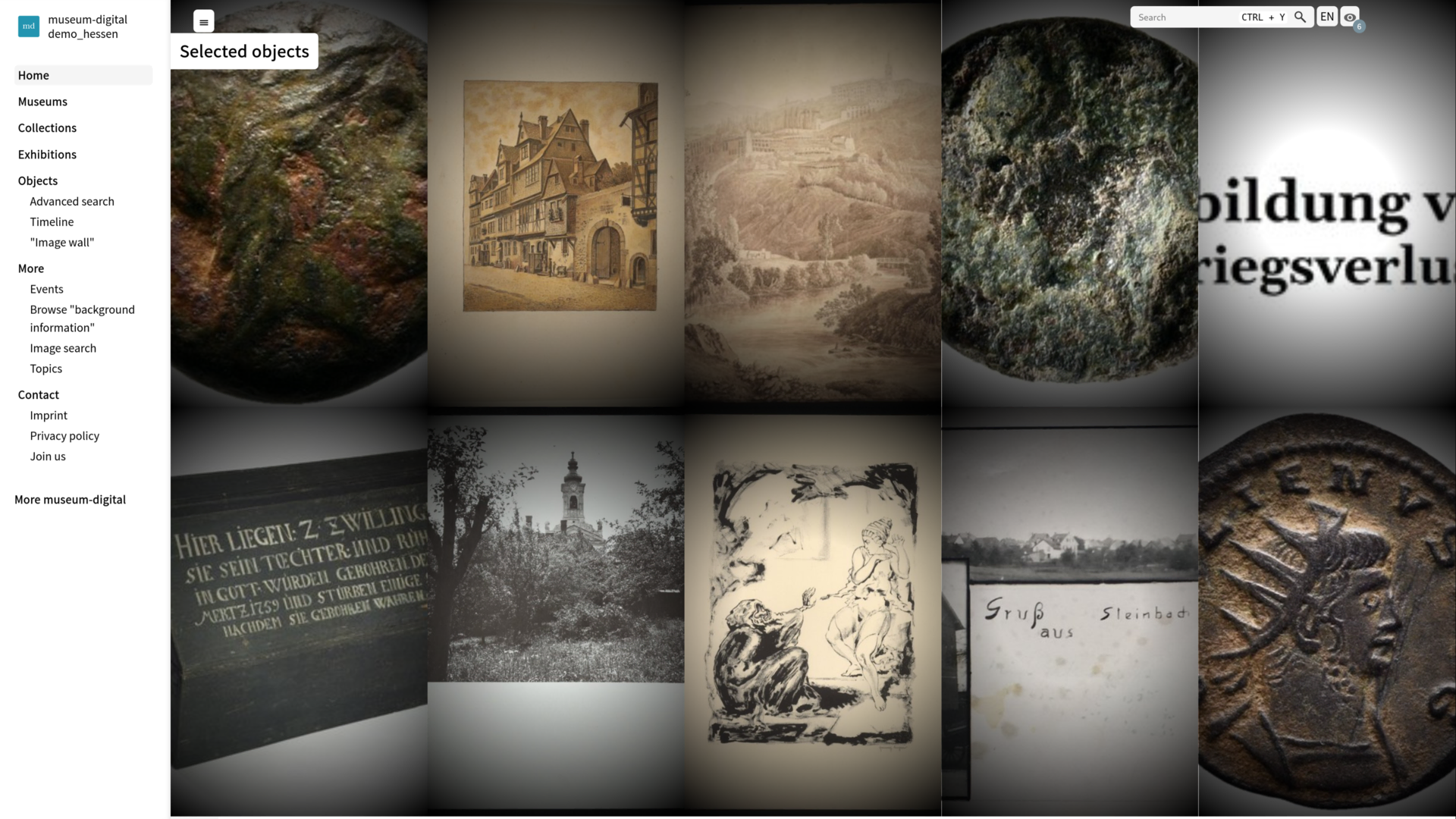
Over the holidays we worked on a re-design of the frontend of museum-digital. The reasons were manyfold. While the old design of the frontend still looked well, discussing it with different people – especially those who were not regular users – revealed some shortcomings. Others had naturally developed after five years of use or been …
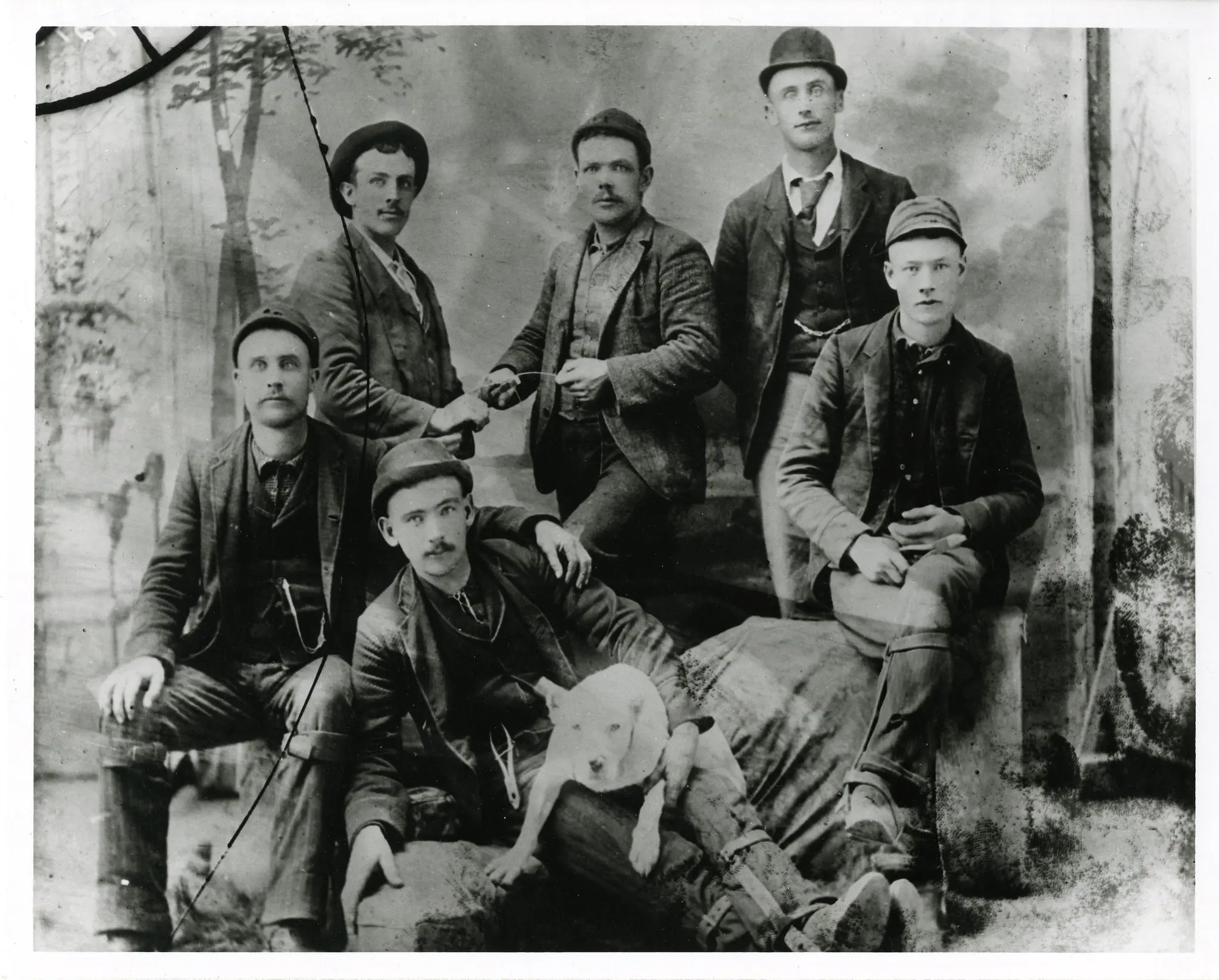
Some months back I presented museum-digital:qa here and elsewhere as a tool building on a subset of the functionality of museum-digital’s import tool to evaluate data uploaded by anyone and make the quality checks musdb offers available to the uploader as well, regardless of their collection management system. Its real potential however can only be …
Last week I wrote about how new actors find their way into museum-digital’s controlled vocabulary for actors during imports. One of the first steps detailed in the post is the automatic cleanup of the actor’s name and the application of some rules to ensure a consistent naming of actors. For time names a much more …
A critical part of museum-digital is the usage of shared controlled vocabularies for actors, places, times, and tags. All museums using museum-digital use these same vocabularies for recording the creation of objects, their use, destruction, etc. Similarly, they are used for a rougher tagging of the objects. Only contacts who are recorded purely for internal …
There are now more than one million objects published using museum-digital. Congratulations and thanks to all who made that possible! All these objects can be viewed together on museum-digital:global.
At yesterday’s Autumn Conference of the Working Group Documentation of the German Museum Association (Herbsttagung der Fachgruppe Dokumentation des Deutschen Museumsbunds) a new web service in the broader realm of museum-digital was released: museum-digital:qa. museum-digital:qa reuses the importer‘s relevant functionalities to accept museum object data in a variety of input formats – both open standards …

Since September 1, 2023, the first stable version of EODEM has been released. EODEM is implemented as a LIDO profile and aims to enable museums to share their object data – especially in the contexts of loans and exhibitions – with other museums at the click of a button. Congratulations! museum-digital:musdb has supported EODEM since …
md:term was designed to provide an API first and foremost. The frontend supported a full API providing to all access that the HTML version does since about 2016. We never got around to fully and systematically document the APIs however. Starting today, an OpenAPI documentation is available for both md:term and the frontend of museum-digital. …
For some months, musdb has supported the upcoming EODEM standard for exchanging object information in the context of loans. The developments were covered extensively in a previous blog post. To summarize, the EODEM standard holds significant potential for saving registrars or colleagues taking over similar tasks in a museum a lot of time by providing …
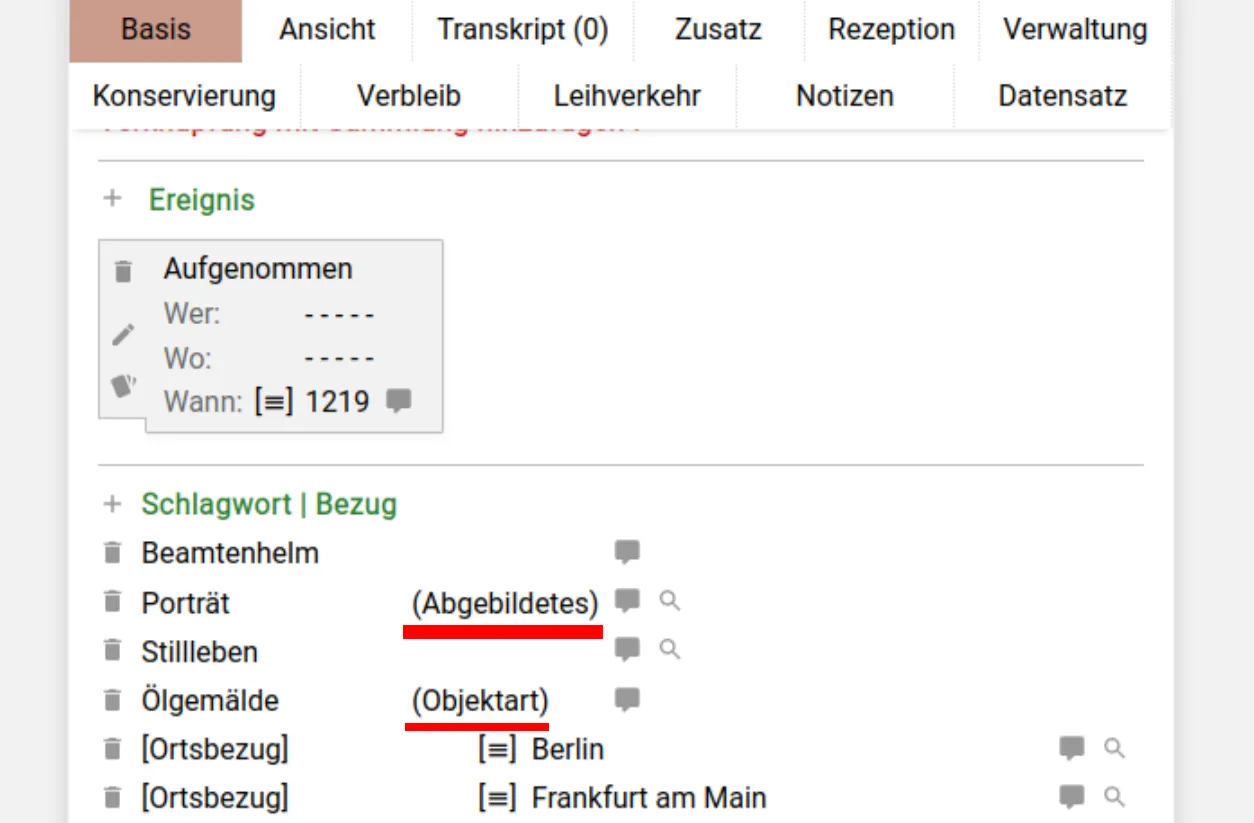
… or “musdb finally supports materials, techniques, etc. from controlled vocabularies”. At museum-digital, there are four main centrally controlled vocabularies – actors, places, times, and tags. In more traditional collection management software however, the main field to control is usually the object type (is the object a helmet or a painting?). Simple tagging of the …
We continued the series of monthly user meetups and again discussed the new features and improvements. A summary can be found below. New Developments The last month has been an exceptionally slow month in terms of technical development around museum-digital. There are however some newsworthy tidbits. musdb Recording external IDs for museums Museums, like all …